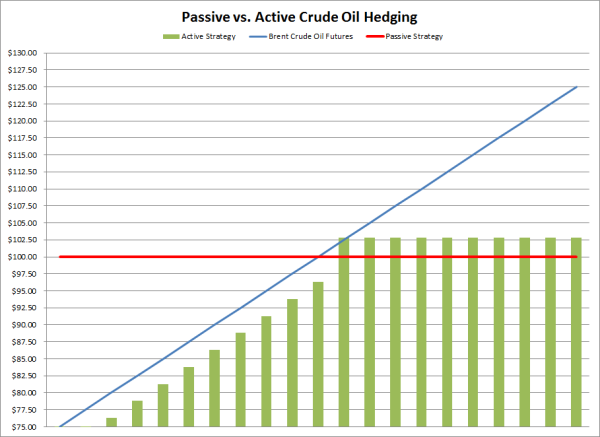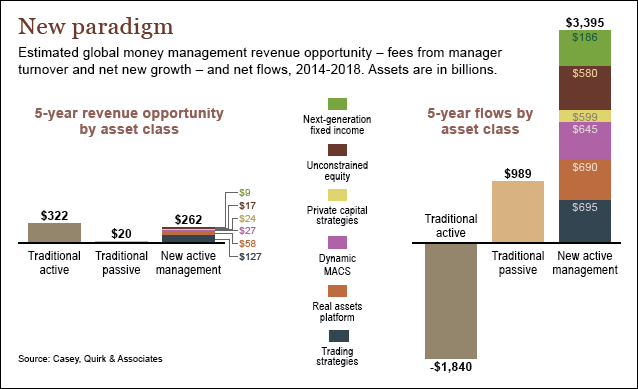Active v Investment Strategies
Post on: 16 Март, 2015 No Comment

The age-old battle between active investment proponents and their counterparts in passive management is seemingly never-ending. This feud has been in and out of research journals, trade magazines, and other publications for decades. The reason this argument drags on indefinitely is that both sides have compiled a significant amount of research in an attempt to validate each investment approach. And both sides have made compelling arguments.
Active investment managers, Peter Lynch, Warren Buffet, and other renowned investors are often referenced by active management advocates as proof that active managers can outperform their benchmarks over time. Opponents of active management simply rebuff these examples as anomalies that have been lucky in their investment choices over the years. Vanguard founder John Bogle, a staunch supporter of passive management, points to the fees that active managers must overcome as one of the primary hindrances to active management’s ability to outperform over time.
A Primer on Investment Philosophy
The active-passive argument is set deep within the roots of Modern Portfolio Theory. Passive managers tend to believe that this theory is correct, whereas, active managers tend to rebuff this theory. First developed in the 1950’s by economist Harry Markowitz, Modern Portfolio Theory assumes that stock markets are efficient and that no one manager, analyst, or investor is privy to information that would allow them to outperform other investors over time. This theory also assumes that investors are rational and make sensible decisions regarding investments. This leads to the conclusion that passive management is more cost efficient and provides better returns over time since the market is efficient and cannot be “outsmarted.” Because active managers do not always believe markets are completely efficient, they make the argument that these inefficiencies can be capitalized upon by finding the investments in the market that are under priced. They further argue that investors are not rational because human beings arent always rational, leading to additional inefficiencies in the markets.
The Good and the Bad
The greatest argument set forth by passive investors is based on the high expenses and fees associated with active management. An active manager must be paid by the investors he manages money for. Therefore, a fee is charged for providing his active management services. In order to outperform the market, the active manager must not only generate returns higher than the market, but he must also generate returns higher than the fee he charges. Because of this, passive investors argue that the active manager is a step behind from the start. Makes perfect sense. This is active management’s greatest hurdle.

On the flipside, active managers challenge the argument that investors are rational. Many behavioral finance researchers have set out to prove that human beings, by nature, are irrational, and therefore the markets created and run by humans cannot be rational. If this is true, then an active manager with a well-defined strategy may have the upper hand even considering the management fees they have to overcome.
The Middle Ground is the Fertile Ground
It is very clear by the number of reports, whitepapers, theses, and research conducted on behalf of both active and passive managers, that this argument isnt going to be settled any time soon. So what do you do to get the best of both worlds? The key component in all of the research set forth on this topic is that a strategy is involved. Regardless of whether it is an active or passive strategy, the most important thing is that there is even a strategy at all. The investors who tend to make the poorest decisions are those with no strategy or those who waver between different strategies in the middle of a bull or bear market. Investors who blindly make choices without a clear path for arriving at those choices will almost always lose the battle. The most important aspect of a well-balanced investment portfolio is defining a set strategy and sticking with it, regardless of whether that strategy is an active one or a passive one.














